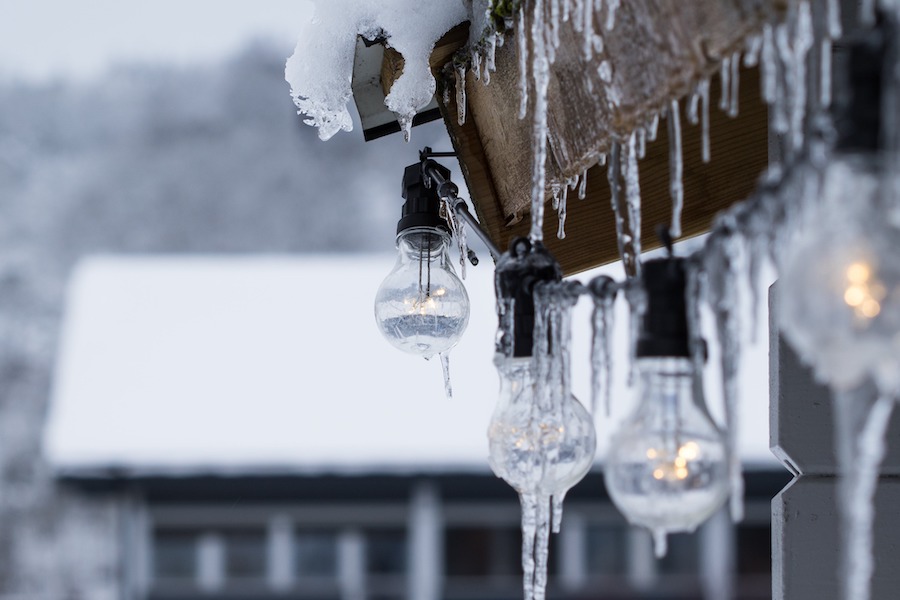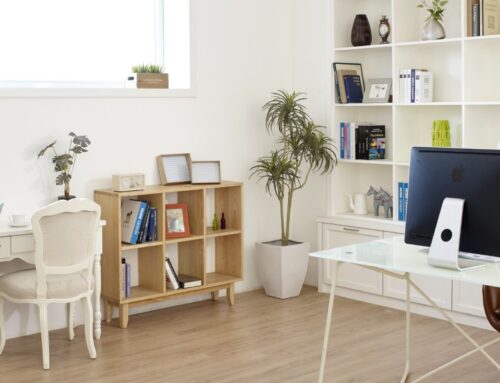Winterizing Your Home
Preparing for Winter
On the East Coast, we’re in the midst of a chilly winter, with significantly more snowfall than we’ve seen over the past two years. That said, it’s critical to prepare your home – whether you rent or own – for the winter season, even during mild years.
Responsibility for Winterizing Your Home
Taking the time to prepare your home for winter safety not only ensures a cozy and comfortable living space but also protects your property and loved ones from the potential hazards of cold weather. While some aspects of winterizing will be the responsibility of landlords, renters can still contribute to a safer and more comfortable environment.

Winterizing Your Home: Indoors
Start by communicating with your landlord or property management about any concerns regarding heating systems. Request a professional inspection to ensure the furnace is in good working order and discuss the possibility of upgrading insulation if needed. In addition, check and clean filters in heating vents regularly to maintain efficiency.
While landlords are typically responsible for roof and gutter maintenance, promptly communicate any concerns about loose shingles or clogged gutters. Keeping an open line of communication with your landlord ensures that necessary repairs are addressed in a timely manner.
Check and test smoke detectors and carbon monoxide alarms for fire safety. Keep flammable materials away from heaters and fireplaces. Likewise, if you're lighting candles, always follow good fire safety rules. Battery-powered candles and lanterns are an excellent alternative to live flames.
Winterizing Your Home: Outdoors
Prepare your lawn and garden by trimming and pruning trees, storing outdoor furniture and garden tools, and using snow blowers or shovels to keep walkways clear. Moreover, if you're renting, be sure to know what maintenance is your responsibility.
Ensure you have winter supplies on hand, including rock salt or ice melt for walkways, driveways, and backup power sources like generators. Also, stock up on non-perishable food, water, and emergency kits.
An extra pro tip: Winterize your vehicles by checking antifreeze levels, ensuring proper tire pressure, and keeping an emergency kit with blankets, snacks, and a flashlight.
Communication is Key
An open line of communication with your landlord is the key to a safe winter, alongside personal responsibility for your home. With these steps, you'll be well-equipped to face the challenges that winter may bring. Stay warm and safe throughout the season - and if you have any questions, please feel free to reach out anytime.



